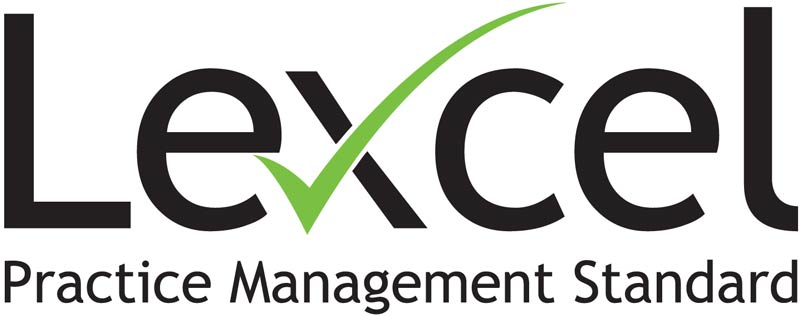As financial pressures mount on the care home industry, whether due to local authority funding, COVID-19, or a range of other issues, there are a number of actions care home operators may be considering to keep costs down and this may include disposing of one or more care homes. Whether you are an operator running a group of care homes wanting to consolidate your portfolio, or a sole operator wanting to retire and enjoy your next chapter, making the decision to sell a care home is not an easy one. However, with the right legal support and planning, you can increase the likelihood of a successful, smooth transaction.
Structure of the transaction: share sale or asset sale
When you operate a care home via a limited company, whether the sale is to be structured as an asset sale or a sale of the shares of the limited company is of fundamental importance.
An asset sale usually involves the sale of the properties and business assets as a “going concern”, whereas a sale of shares means the sale of the trading company that owns the assets and business. There can be significant tax differences in the two different deal structures, and so it is important to take robust tax advice prior to going too far down the road. The general position is that owner managed business sellers may typically prefer a share sale due to potentially more favourable tax treatment, and it also gives a clean break without a company to have to extract the money from and wind down post sale. Aside from tax, a key benefit of an asset purchase for a buyer is the ability to leave unwanted liabilities behind for the selling company. with a share purchase, they take the business “warts and all”. Both parties will have their own views on how the deal should be structured, and it may well come down to negotiation and the bargaining strengths of the parties.
Whether you are selling the assets or the shares, consent may well be required from any lenders as they will want to ensure that any debts are repaid prior to the sale or out of the sale proceeds.
Due diligence: preparation is key
Investing time in gathering and preparing comprehensive business documents that a buyer may want to review as part of their due diligence investigations will pay dividends in speeding up the sale process (and creating less stress for the selling party!).
Whilst a buyer’s solicitors will usually have their own format of due diligence enquiries to raise, upon engagement we can provide a list of documents setting out those that we would wish to see if we were on the buying side. This can help you as the sellers to be prepared for when the buyer’s enquiries arrive. As examples, areas like accounts, resident contracts, employment records, asset list, key contracts, and any CQC documentation and correspondence, property documents and policies and procedures such as GDPR and health and safety, and your commercial property records, will need all to be covered.
Due diligence enquiries from buyers’ solicitors always take time to complete, but with the right preparation early on, it does not have to hold the sale up.
CQC
If a buyer is not already registered with the Care Quality Commission, or CQC, registration can take 3 months (if there are no hiccups) and so it is really important that they make a start on this very early in the process. However, it can be possible to exchange sale contracts, with completion to follow upon registration.
If the shares of a company already registered with the CQC are being purchased, the CQC will need to be notified of the proposed “change of control” in the company.
In Wales there is a slightly different process, albeit with very similar principles, due to the different governing body. The Care Inspectorate Wales (CIW) is the body concerned, and as with the CQC, there is detailed guidance as to the registration requirements on their website.
Whilst this is predominantly an exercise for the buyer, clearly it is in a seller’s interest to assist and cooperate to help create a smooth pathway for registration where possible. Ensuring your records are up to date and in good order, can help.
Employees
Whereas with a share sale there is no change to the employment of care home staff (as they will continue to be employed by the trading company), as with any other business, in an asset sale, employees will transfer to the new buyer under The Transfer of Undertakings (Protection of Employment) Regulations 2006, otherwise known as TUPE.
There are clear rules setting out how you should inform and consult affected employees regarding the proposed TUPE transfer, but with the help of an experienced legal team this should not be too taxing. It is important to establish early on whether the buyer will want to take any “measures” in respect of changing terms of employment post sale as this can impact on the process.
As with other documents and records, a prudent buyer will want to make sure that all of the employment contracts, handbooks, disciplinary and training records are properly drafted and up to date. It is sensible for a seller to make a start on collating and updating this information as soon as possible.
Get in touch
If you are planning to sell a care home, or are thinking of buying a care home, then the healthcare team at Scott Bailey LLP can help. We provide a wide range of legal services to care home operators and other healthcare businesses throughout Hampshire, Dorset, and across the region. Please get in touch with Ben Ironmonger or Philip Salt to discuss your care home transaction, and we will be happy to support you through the process.







